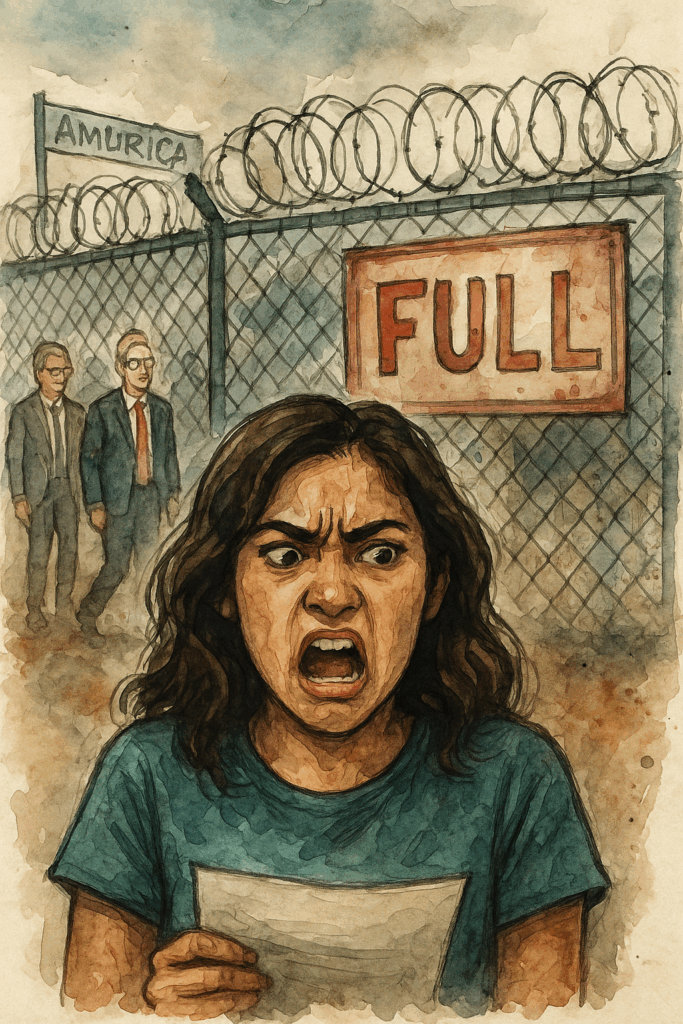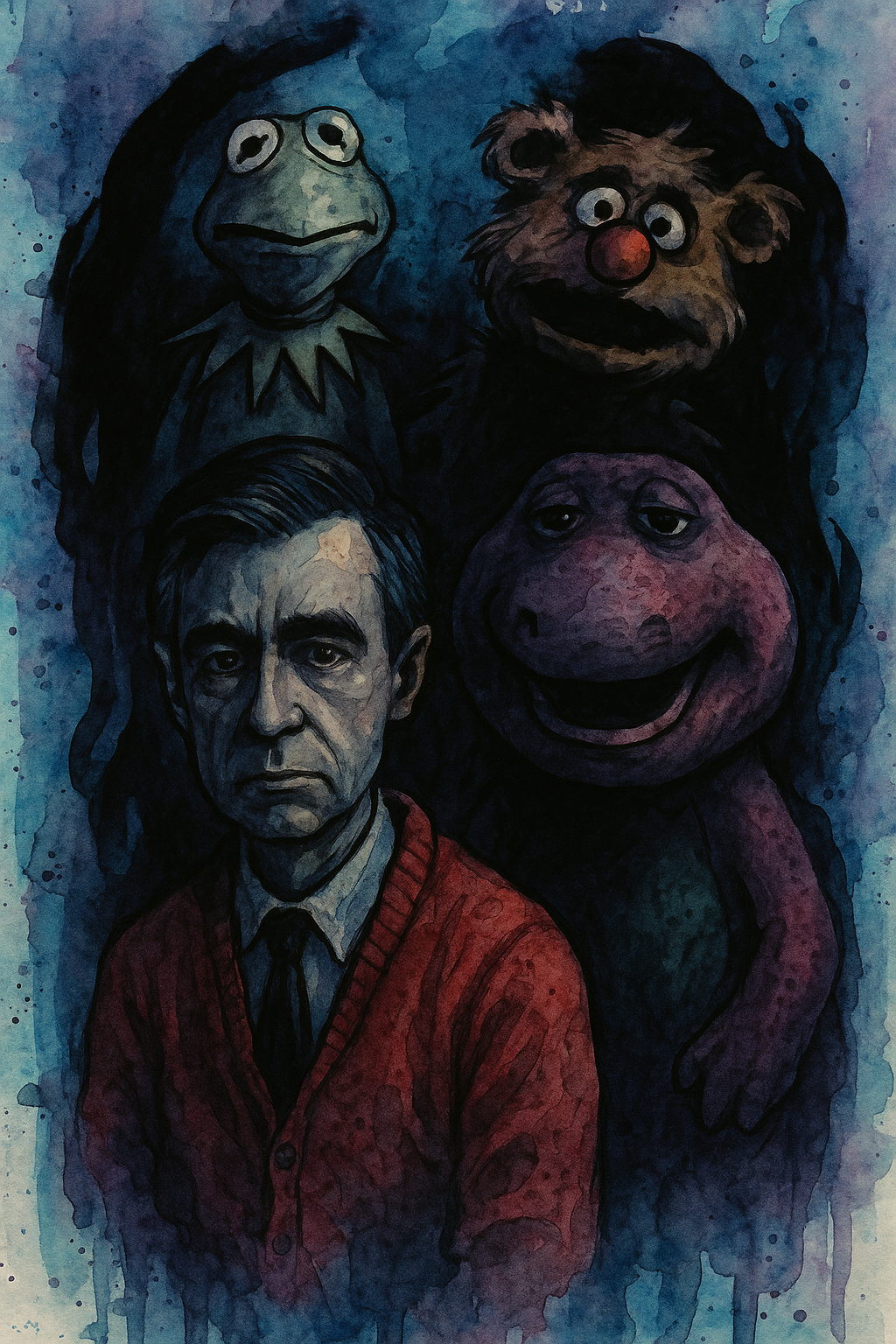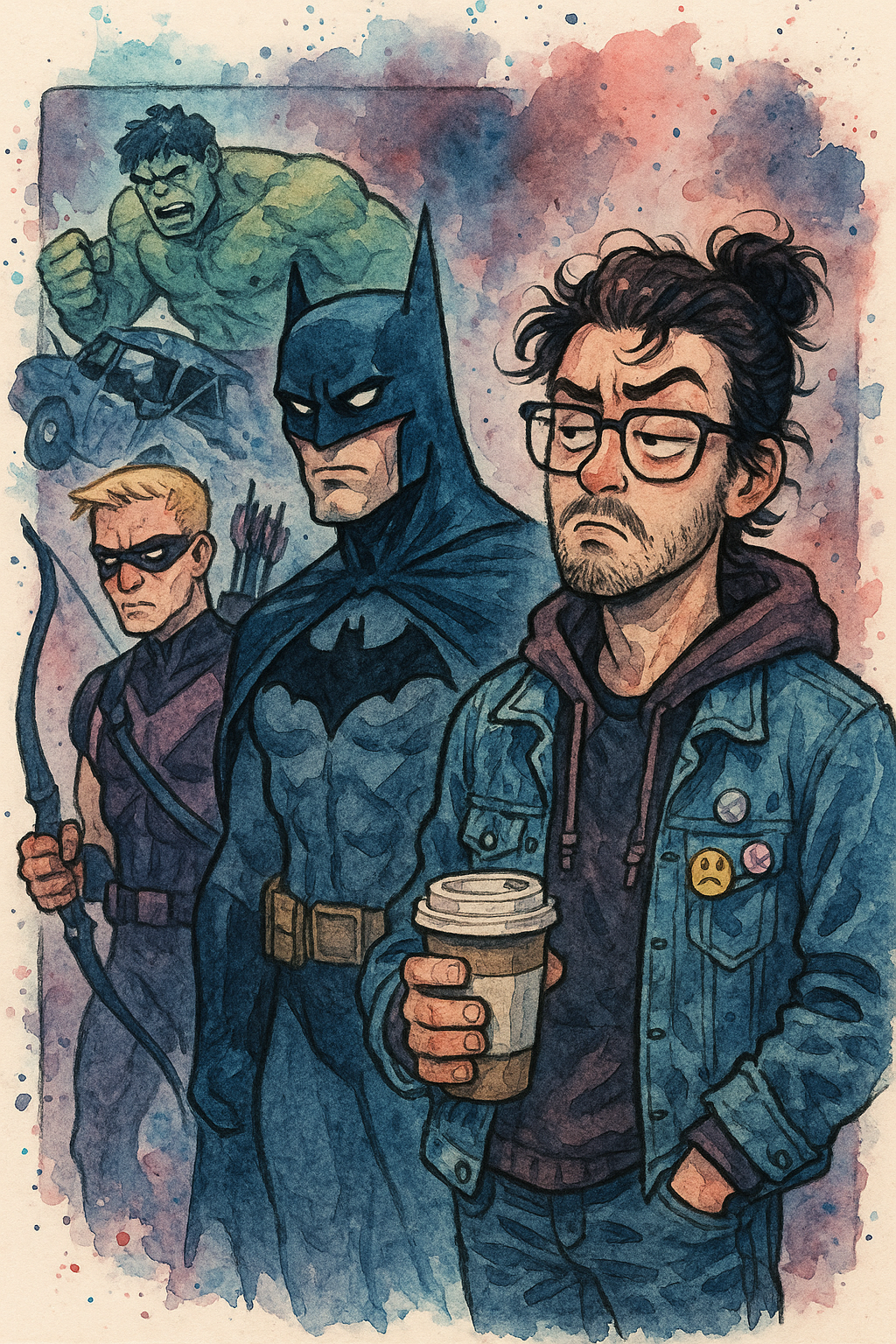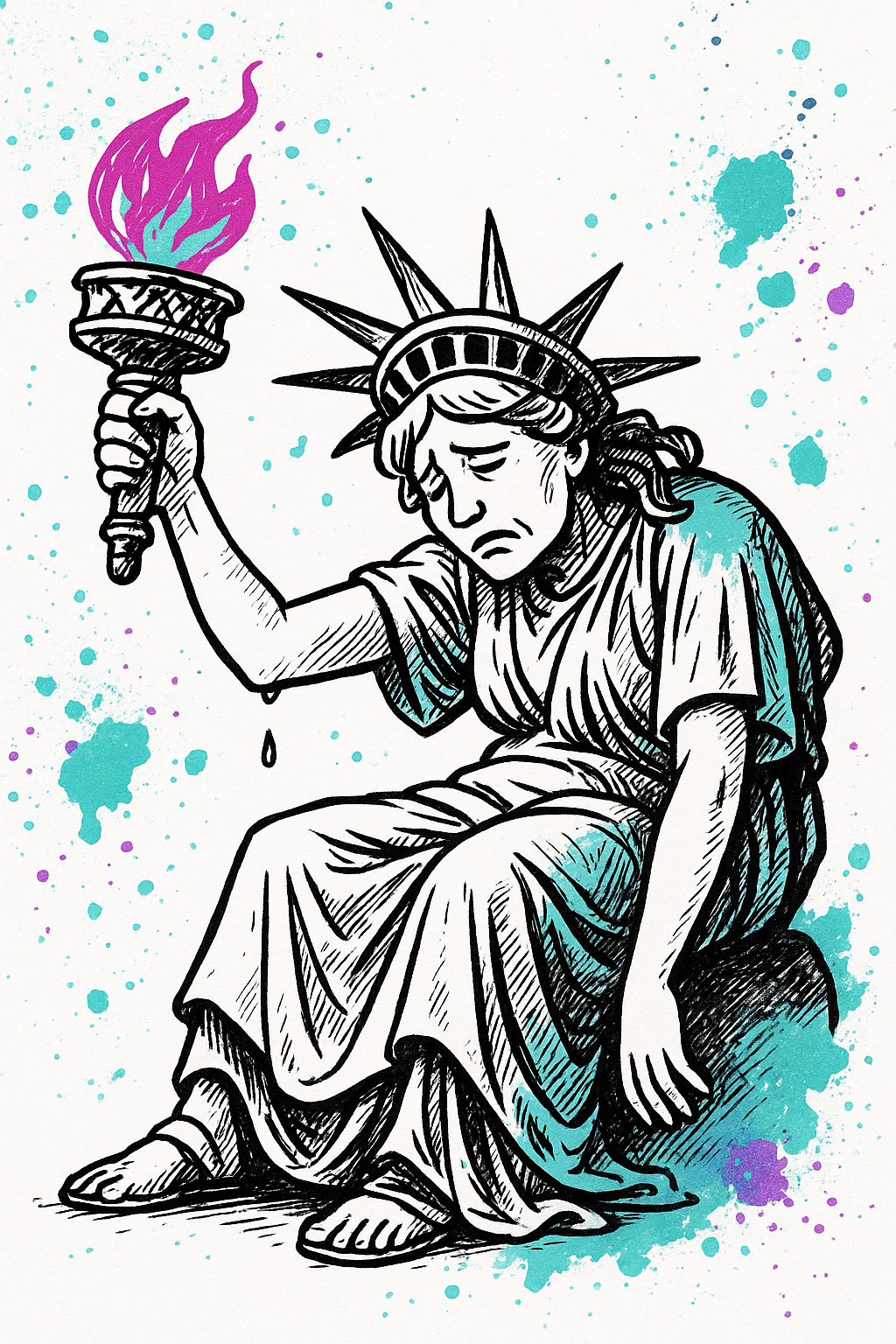In a move that redefines “selective empathy” with the kind of finesse one normally reserves for hitting a mosquito with a sledgehammer, President Trump has declared 49 white South African Afrikaners as refugees, citing “race-based persecution.” And in case you’re wondering, yes, he did it while ignoring, say, every other crisis on the planet where people are actually dying. Because apparently, “race-based persecution” is only a problem when the people experiencing it look like they summer in the Hampton
The Executive Order: A Closer Look
Let’s call this what it is: a Mad Libs of bad faith and even worse intentions. The executive order, dressed up in the thinnest veneer of humanitarian concern, accuses South Africa’s Black-led government of discriminating against Afrikaners through affirmative action and land reform policies. You know, because centuries of oppression can totally be balanced out by a couple of new laws and the U.S. can definitely claim moral high ground here without choking on its own hypocrisy.
Meanwhile, U.S. aid to South Africa is frozen like a popsicle in a deep freeze of bad faith politics, and Afrikaner asylum claims are now zooming to the top of the priority list like they’re on a roller coaster powered by pure white fragility.

South Africa’s Response: A Nation’s Rebuttal
South African officials are, understandably, less than thrilled about being painted as the bad guys in a story written by the people who invented Apartheid. President Cyril Ramaphosa’s administration insists that Afrikaners remain among the most economically privileged groups in the country. You know, owning land, businesses, and that vague, intangible asset called generational wealth.
The South African government’s response can be summed up as: “Excuse us while we roll our eyes so hard we pull a muscle.” Because apparently, the U.S. government just got punked by a narrative concocted by people who think “redistribution” is a synonym for “theft” and “equity” is a communist plot to steal their gated communities.
A Questionable Precedent: The Fast-Tracked Process
Remember when the U.S. refugee system was a slow, grueling, soul-sucking process that left vulnerable people languishing in limbo for years? Well, not for these guys. The 49 Afrikaners were processed faster than a hot take on Twitter, drawing exactly the kind of side-eye you’d expect from refugee advocacy groups.
Because let’s be real: when brown-skinned children are locked in cages for seeking asylum but a group of wealthy white farmers gets a first-class ticket to Refugee Disneyland, the hypocrisy is not just apparent—it’s waving a giant neon sign that says, “Selective Empathy: Now Whiter and More Efficient!”
The Broader Implications: A Shift in U.S. Foreign Policy
This isn’t just about 49 people. It’s about a policy shift that’s less about “helping the oppressed” and more about weaponizing the suffering of a privileged group to prop up a political narrative. The Trump administration is now framing itself as the defender of oppressed white people while gleefully ignoring the thousands of asylum seekers from actual war zones.
Meanwhile, relations with South Africa are now tenser than a yoga instructor trying to pretend she’s fine with her ex being in her Tuesday night class. And the U.S. is positioning itself as the arbiter of racial justice while playing a game of racial Mad Libs where all the blanks are filled in with “white.”
Conclusion: Reflecting on the Five Tenets
The Cult of Brighter Days is guided by five ethical principles designed to help us navigate the absurdity of existence without completely losing our minds—or our humanity. Let’s see how this policy stacks up against them:
- Be Kind: The highest ideal—genuine compassion. But prioritizing white Afrikaners over refugees fleeing actual war zones is about as compassionate as handing a rich man a gold-plated life vest while everyone else drowns.
- Be Nice: If true kindness is off the table, at least aim for basic politeness. But the selective empathy on display here is less “nice” and more “whitewashed concern wrapped in a humanitarian fig leaf.”
- Be Funny (Without Punching Down): Humor can be a powerful coping mechanism—if it targets power structures, not vulnerable people. This situation is about as funny as a slapstick routine where the punchline is “systemic racism, but make it palatable.”
- Shut Up: When you can’t be kind, nice, or funny without causing harm, the best option is to step back and listen. Maybe the U.S. should try it for once—preferably while sitting on a very high horse and reflecting on how its refugee policies look from the ground.
- Go Away: And when you’re so out of touch that your idea of “oppression” is giving a VIP pass to a privileged group while ignoring everyone else’s suffering, it’s time to take several seats and rethink your entire worldview.
Final Thoughts:
The Afrikaner exodus isn’t a humanitarian crisis; it’s a convenient moral distraction. It’s the kind of performative concern that lets powerful people feel like they’re “helping” without actually risking anything or addressing real suffering. Meanwhile, people fleeing genuine danger are still trapped in the system, waiting for someone to care as much about their survival as the U.S. apparently cares about protecting a few wealthy farmers from the terror of sharing.






